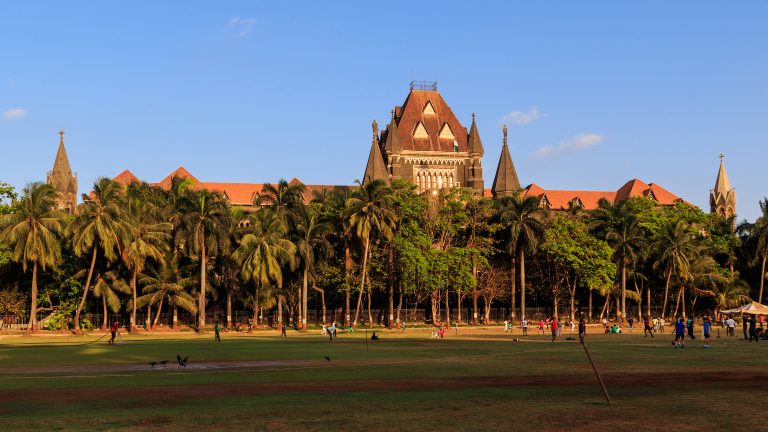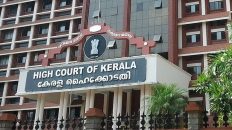The Bombay High Court in the case of Godrej&Boyce manufacturing Co. In terio division vs. Shivakranti kamagar sangthana held that employees working as manual, skilled and unskilled workers are workmen under Section 2(s) of the Industrial Disputes Act and cannot be treated as a managerial or supervisory category even if they are designated as Executive or Managers.
The Court upheld the decision of the Industrial Tribunal which had held that the employees in question were indeed workmen under Section 2(s) of the Industrial Disputes Act, based on the nature of their duties and functions.
The court observed, “It is now well settled that the adjudication of the issue as to person working within the meaning of Section 2(s) of the I.D.Act has to be determined with reference to the principle of nature of his duties and functions. The dominant purpose of employees must be taken into consideration, and the gloss of some additional duties must be rejected while determining the status and character of a person.”
Godrej and Bo
The company had filed a petition to challenge the order passed by the Industrial Tribunal favouring Shivkranti Kamgar Sanghatana, the Trade Union of the said company.
Also read: Technological use has to be Ethical, Responsible, and Compliant
The Trade Union had raised a Charter of Demands seeking increased wages, benefits, and emoluments for the workmen. After the conciliation proceedings failed, the dispute was referred to the Industrial Tribunal for adjudication.
The Company argued that the employees claiming the benefits did not fall within the definition of “workmen” as per Section 2(s) of the Industrial Disputes Act, 1947 since they were performing managerial or administrative duties. On the other hand, the Trade Union argued that argued that the employees were indeed workmen as they primarily performed manual, skilled, and unskilled tasks.
The Industrial Tribunal held that the employees were workmen under Section 2(s) of the Industrial Disputes Act, based on the nature of their duties and functions.
The Court pointed out that although the Tribunal had failed to examine the evidence at length, “non-supply of meticulous reasoning while deciding preliminary issue cannot said to be fatal when the ultimate conclusion reached by the Industrial Tribunal that these 26 employees are workmen under section 2(s) of I.D. Act seems to be the correct conclusion based on the evidence on record.”
The High Court too held that the employees were correctly classified as workmen since they did not have to keep a watch over the work of their subordinate employees in any way. “As observed earlier, to conclude that a person is working in a supervisory capacity, it is necessary to prove that there were at least some employees working under them whose work they are required to supervise,” the Court noted.
Consequently, the Court stated that the decision of the Industrial Tribunal did not warrant interference under Articles 226 and 227 of the Constitution.
Stay connected with us on social media platforms for instant updates click here to join our LinkedIn, Twitter & Facebook


































